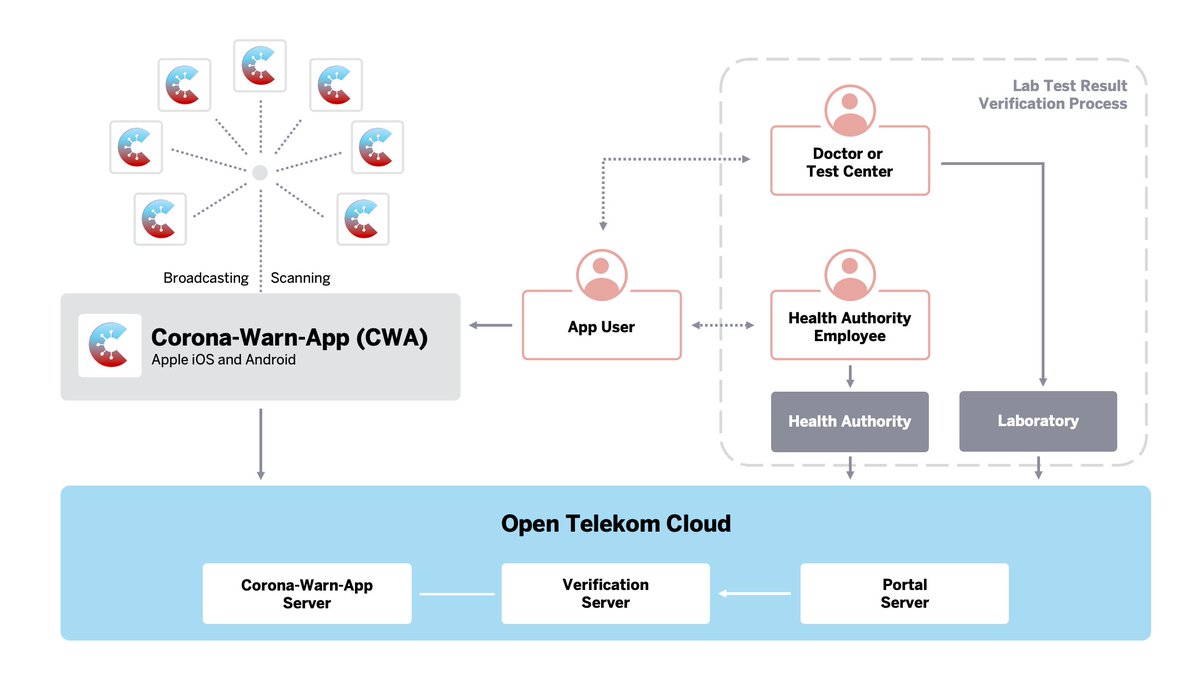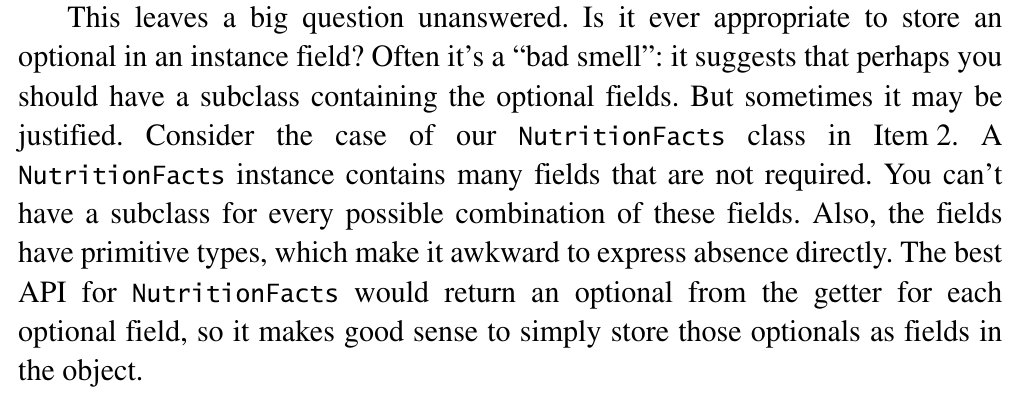
#Java enthusiast with a passion for learning and sharing, DevRel at Oracle but views are my own; left for 🐘::nipafx@mastodon.social & 🦋::https://t.co/Lm3YxVQM74
How to get URL link on X (Twitter) App


https://twitter.com/BillyKorando/status/1505597399275876359Pattern Matching for `switch` (2nd preview)



https://twitter.com/nipafx/status/1472906786650959884

https://twitter.com/volker_simonis/status/1469256987196100608





https://twitter.com/nipafx/status/1359835273992019969


 1. "Array patterns" allow matching and destructuring arrays. The `if`-line does three things:
1. "Array patterns" allow matching and destructuring arrays. The `if`-line does three things:

 Android and iOS apps use Google's/Apple's Exposure Notification Framework (ENF; google.com/covid19/exposu…, apple.com/covid19/contac…). Android app is written in Kotlin, iOS app in Swift. (Can't tell you much more because I'm clueless about mobile.)
Android and iOS apps use Google's/Apple's Exposure Notification Framework (ENF; google.com/covid19/exposu…, apple.com/covid19/contac…). Android app is written in Kotlin, iOS app in Swift. (Can't tell you much more because I'm clueless about mobile.)
